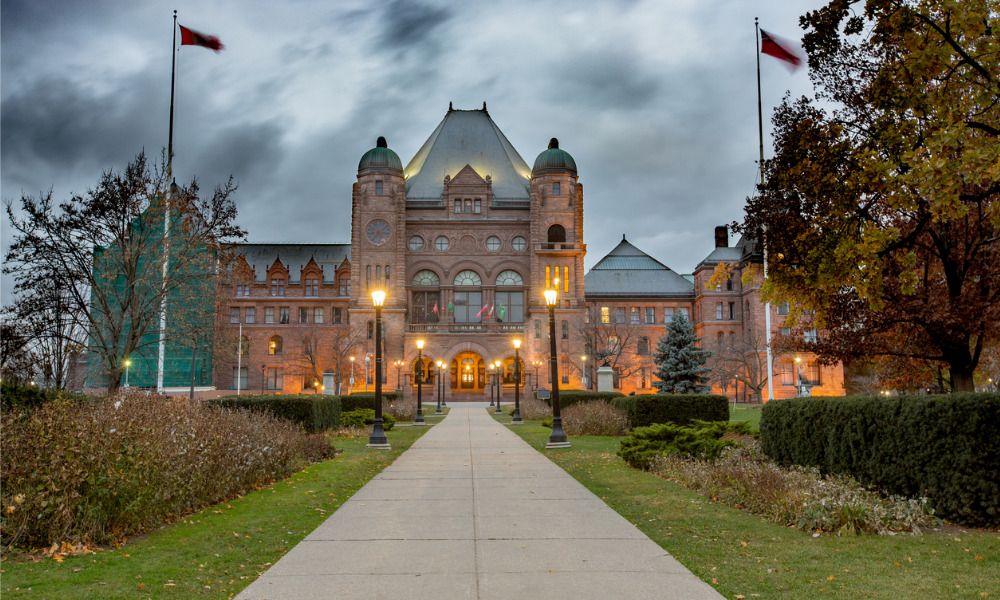'This legislation would be the toughest of its kind in Canada'

Ontario is introducing legislation that will require temporary help agencies (THAs) and recruiters to have a licence to operate in the province by 2024.
“Today’s announcement sends a clear message to anyone who still thinks they can break the rules that time is up,” says Monte McNaughton, minister of labour, training and skills development. “This legislation would, if passed, be the toughest of its kind in Canada – ensuring every worker in Ontario has unprecedented protection today and in the years to come.”
Canada is well poised to come out of the COVID-19 pandemic by relying more on new immigrants to help alleviate the labour shortage, the immigration minister said earlier this year.
Under the legislation, the government will vet THAs and recruiters before issuing them a licence to operate. Applicants would need to provide an irrevocable letter of credit that could be used to repay owed wages to workers.
The province is also proposing to hire a dedicated team of officers to crack down on THAs and recruiters who are exploiting and trafficking domestic and foreign workers. Officers could levy penalties against an unlicensed THA or recruiter or a business using an unlicensed operator. They could also order employers who use deceitful recruiters to repay workers for illegal fees charged.
Ottawa previously launched consultations to improve living conditions for foreign workers.
Mixed feedback
“This initiative creates a level playing field and results in a fairer industry for THAs, their clients and assignment employees alike,” says Mary McIninch, executive director for government relations at the Association of Canadian Search, Employment and Staffing Services (ACSESS).
“We applaud the government for taking a bold approach that includes enforcement initiatives against THAs that operate illegally and the client companies that use them.”
Workers are the heart of the tourism industry, says Christopher Bloore, president and CEO of the Tourism Industry Association of Ontario.
“Many are international workers who come to Ontario to work, and we are proud to see Minister McNaughton taking the lead to ensure that every worker in our province is protected against unscrupulous recruitment practices, and labour trafficking."
But Ontario Public Service Employees Union (OPSEU/SEFPO) says more needs to be done.
"We must shine a light on the deplorable conditions and illegal activity that is rampant in these dark corners of the labour market if we're going to fix the problem," says Eduardo Almeida, first vice-president/treasurer. "Our labour inspectors are the ones shining that light. If the current administration is serious about rebalancing the scales of justice for vulnerable workers – and we believe they are – they should hire many more inspectors to do this vital work."
Meanwhile, Unifor is calling for Section 83.4 of the Workplace Safety and Insurance Act to be enacted so that the places where people actually work are held responsible for their health and safety.
"We urge the province to take further action to support and protect the health and safety of all temporary help agency workers – particularly those who continue working in dangerous workplaces," says Naureen Rizvi, Unifor Ontario regional director. "Right now, because of legislative gaps, employers are able to skirt their responsibility when workers in dangerous workplaces are hurt or even killed on the job.”
There were 2,257 THAs operating in Ontario in July 2020, according to the Workplace Safety and Insurance Board (WSIB). Also, there were about 128,000 full-time employees employed by temporary help agencies in 2019, representing 2.6 per cent of employment in the province.




